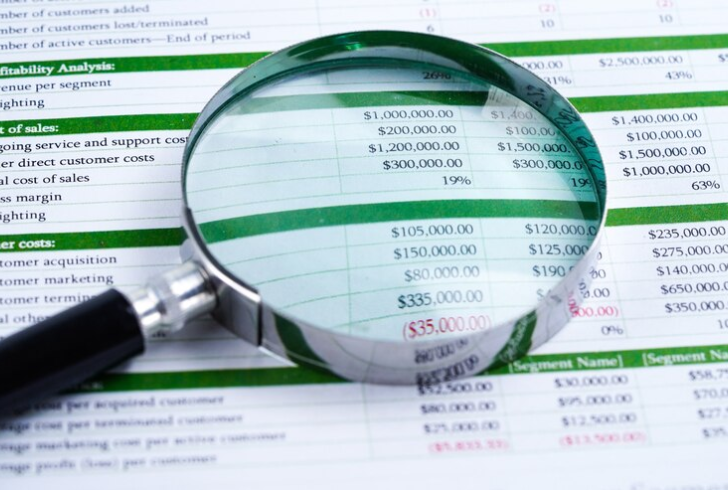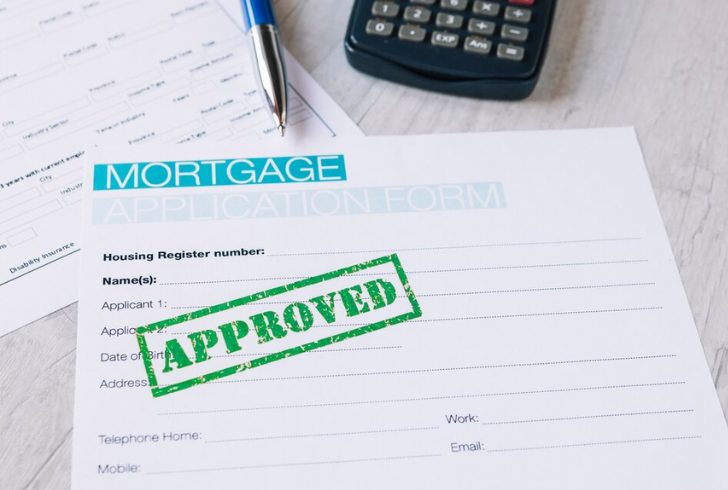In New York, where millions rely on Medicaid for healthcare and crucial services, navigating eligibility can feel like deciphering a complex code. A crucial part of this code involves understanding how Medicaid verifies your financial information, particularly your bank accounts. So, how often does Medicaid check your bank account, and what exactly can they see?
Demystifying the Look-Back Period

Freepik | chormail | Medicaid can access your bank account balances from the past five years, not just the application month.
When you apply for Medicaid, or even after you've been approved, your bank account might be under scrutiny. This process hinges on the concept of a "look-back period." This 60-month window allows Medicaid to examine all your financial transactions and asset transfers during that timeframe. Essentially, it's a financial snapshot that helps assess your overall eligibility.
Here's where things get interesting - Medicaid can access your account balances for any bank accounts you've used in the past five years, not just during the application month. This empowers them to verify the information you provide and ensure it aligns with your financial reality.
Annual Check-Ups
Even after securing Medicaid coverage, your responsibility doesn't end there. Annual check-ups are standard practice, where Medicaid reviews your account balances again to confirm your eligibility hasn't changed. However, it's important to remember that you also play a vital role. If you experience a significant financial shift, like receiving a windfall inheritance, you're obligated to report it to your agency promptly. Transparency is key!
What Can Medicaid See, and What Can't They See?
While Medicaid can access your account balances, they can't delve into the specifics of your spending habits. They won't see your day-to-day transactions or get a glimpse into your personal financial management style. Their primary focus is on verifying your assets and ensuring they fall within the Medicaid eligibility limits.
Here's a breakdown of what Medicaid can and cannot see:
- Can See: Account balances for any bank accounts you've used in the past five years, property records, and information about other assets like retirement accounts.
- Cannot See: Your personal bank statements, detailed spending patterns, or individual transactions.
An Asset Verification System (AVS)

Freepik | The AVS can detect possible asset transfers that may need additional scrutiny.
New York's Medicaid program utilizes a sophisticated tool called the Asset Verification System (AVS). This system streamlines the process by automatically confirming information about your bank accounts and assets. The AVS can:
- Verify details about your bank accounts and your spouse's accounts.
- View balances for accounts closed during the application or look-back period.
- Identify potential transfers of assets that might require further investigation.
It's important to note that the AVS serves as a starting point. While it helps identify potential discrepancies, you, as the benefit recipient, have the responsibility to confirm the information it finds. If there are any inconsistencies, Medicaid will rely on the details unearthed by the AVS.
Income Limits
While Medicaid verifies your bank accounts, income is another crucial factor in determining eligibility. New York State of Health uses Modified Adjusted Gross Income (MAGI) Rules to assess your income eligibility. However, there's a crucial detail to remember: individuals over 65 might still qualify for Medicaid services even if their income exceeds the standard limits.
If you fall into this category, fret not! The best course of action is to visit the State of Health's Marketplace to explore your specific health insurance options.
A Word of Caution

Freepik | jcomp | Withholding information from Medicaid can lead to problems, as they have various tools to verify your income and assets.
Withholding information from Medicaid is a recipe for trouble. Even if they can't see your individual transactions, they have an arsenal of tools to verify your income and assets. Here's why transparency is paramount:
- Loss of Benefits: Withholding information can lead to losing your Medicaid coverage altogether.
- Reimbursement: You might be held responsible for repaying the cost of services received while ineligible.
- Legal Consequences: In severe cases, legal repercussions can arise.
- Future Disqualification: Withholding information might disqualify you from receiving certain benefits in the future.


